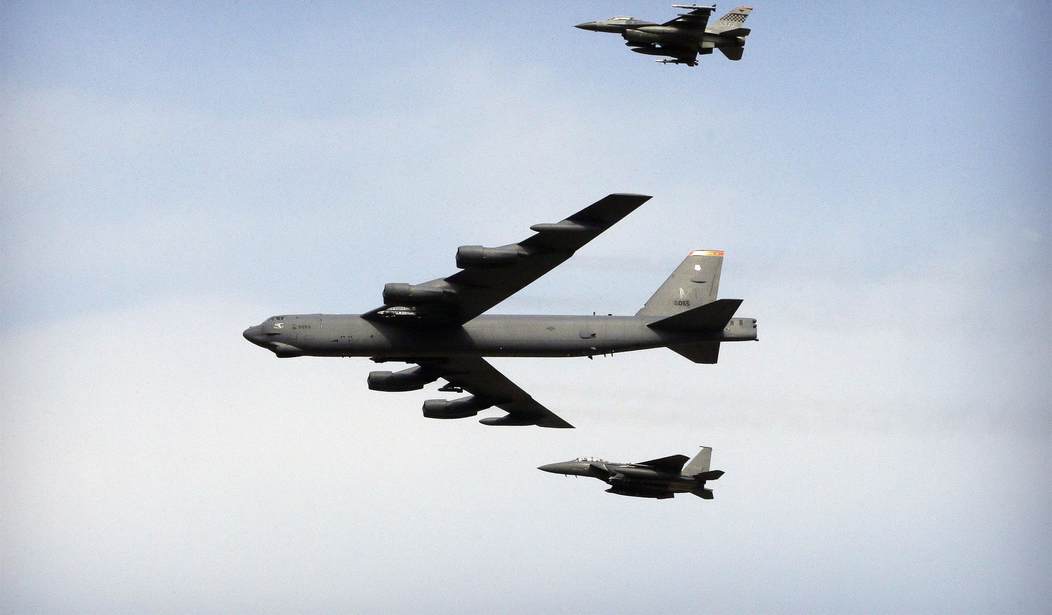CENTCOM: US Forces Hit Iranian Proxies in Syria
On Monday, the U.S. Central Command (CENTCOM), whose area of operations includes the Middle East, released a statement describing CENTCOM forces striking nine targets in two locations in Syria.
Today, U.S. CENTCOM forces conducted strikes against nine targets in two locations associated with Iranian groups in Syria in response to several attacks on U.S. personnel in Syria over the last 24 hours.
These strikes will degrade the Iranian backed groups' ability to plan and launch future attacks on U.S. and Coalition forces who are in the region to conduct D-ISIS operations.
"Our message is clear. Attacks against U.S. and coalition partners in the region will not be tolerated," said Gen. Michael Erik Kurilla, CENTCOM commander. "We will continue to take every step necessary to protect our personnel and coalition partners and respond to reckless attacks."
It is unclear — almost certainly for operational security reasons — which targets were hit and what U.S. CENTCOM forces were involved.
Of course, the statement from General Kurilla raises one question: The statement notes that "These strikes will degrade the Iranian-backed groups' ability to plan and launch future attacks on U.S. and Coalition forces who are in the region to conduct D-ISIS operations."
Why not destroy the Iranian-backed groups' abilities? Isn't that the purpose of operations like this? To close with and destroy the enemy by fire, maneuver, and shock effect? Granted, this may be bureaucrat-speak, but if Iranian-backed proxy groups are indeed attacking U.S. forces, it would seem as though it is no time for half-measures.
That may well have been done, of course. This release by CENTCOM was appropriately terse, although the modern Pentagon is more forthcoming than the famous World War II Admiral "Bull" Halsey, who when (apocryphally) asked by an aide before a major operation, "Sir, what shall we tell the press?" replied, "Tell them nothing. When it's over, tell them who won."
The D-ISIS coalition consists of 83 member nations, including the Middle Eastern countries of Bahrain, Iraq, Jordan, Kuwait, Lebanon, Oman, Qatar, Saudi Arabia, the United Arab Emirates, and Yemen — curious as Lebanon is currently the host to Hezbollah actions against Israel, while Yemen hosts the Houthi rebels who are attempting to disrupt shipping traffic in the region.





Post a Comment